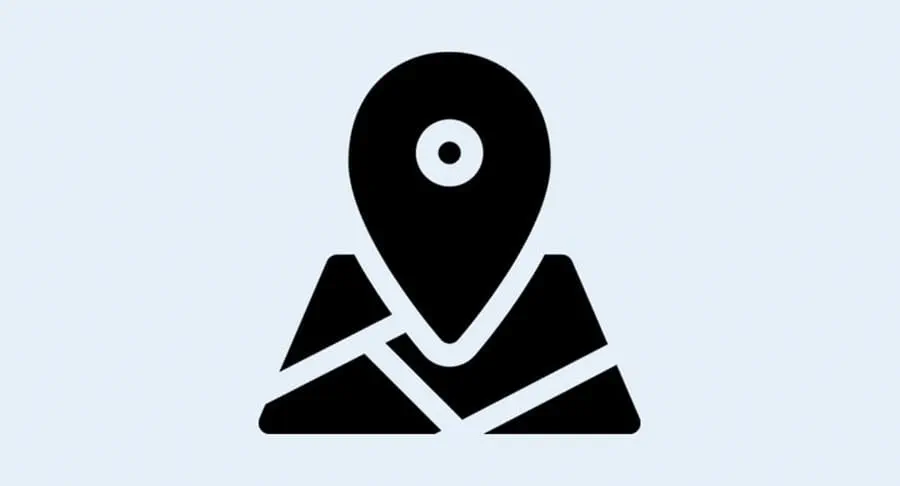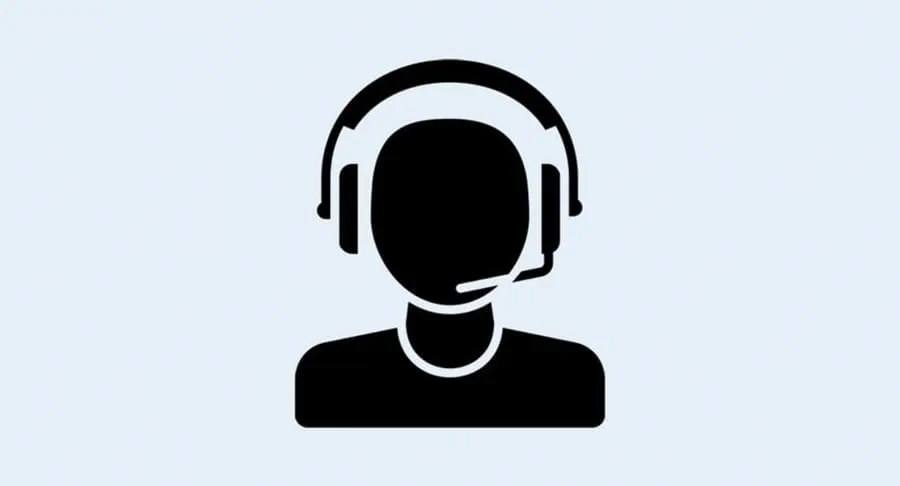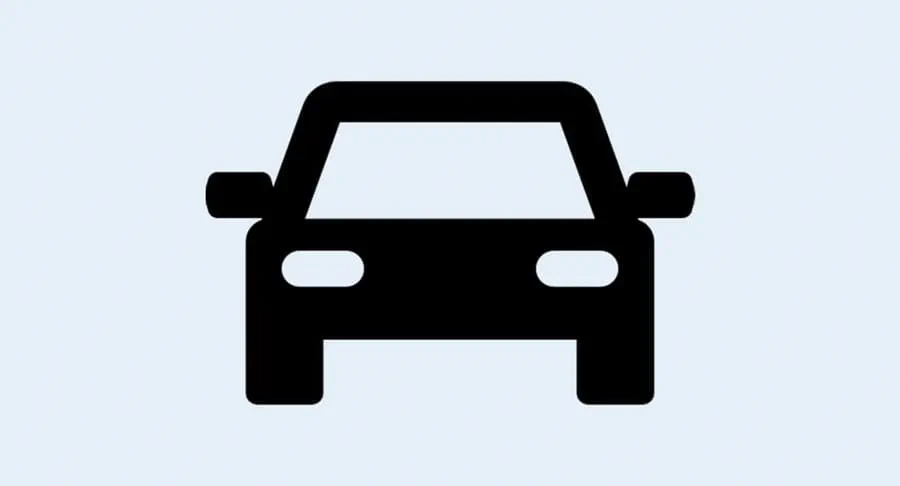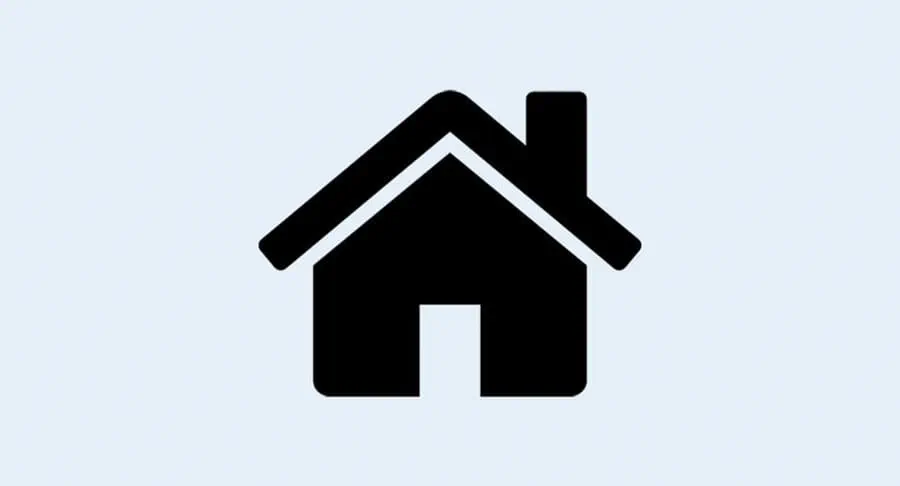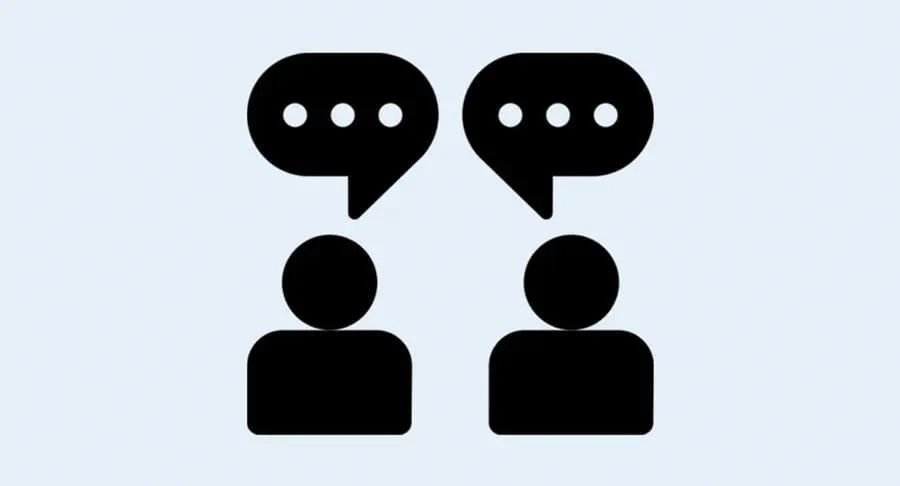Racialized communities
In 2021, almost 10 million people from over 450 different ethnic backgrounds in Canada identified as part of a racialized community. This makes up over 25% of the population. There is not enough data to fully understand how cancer affects these communities in Canada, but international research suggests that cancer rates and outcomes vary among racialized communities compared to the general population.
People in racialized communities often face unfairness in healthcare and cancer care because of issues built into the healthcare system. This includes experiences with individual racism, systemic racism and structural racism. Not having access to information that’s culturally relevant makes it harder for people from racialized communities to understand their cancer diagnosis. They also have unmet needs related to cancer care, like emotional support, information and help with practical and financial challenges. All of these factors can lead to worse health outcomes. It's important to remember that within these communities, there are differences in income, job security, education, adapting to a new culture and trust in the healthcare system.
No one should face a cancer diagnosis alone or lack access to the information and care they need. But for people in racialized communities and their loved ones, there can be unique challenges and barriers that make a cancer experience more difficult than it needs to be. The Canadian Cancer Society (CCS) acknowledges its responsibility to provide cancer information, support and practical services to racialized communities, as well as advocate for healthy public policy and fund research focused on advancing health equity.
Who are racialized communities in Canada?
For CCS, racialized communities refers to people who have racial meanings attributed to them as a group in ways that negatively affect their social, political and economic lives. Race is a social construction that can change over time and place.
The term may include, but is not limited to, Black ethnicity including African or Caribbean ancestry, South Asian, Chinese, Arab/West Asian, Southeast Asian, Filipino, Latin American, African, Caribbean, Korean, Japanese and Pacific Islander.
For our work, and for the work of many organizations in Canada, this population does not include Indigenous peoples.
CCS has released Advancing Health Equity Through Cancer Information and Support Services: Report on communities that are underserved. The report describes the gaps, barriers and challenges faced by 10 identified underserved communities, including racialized communities. It offers insight on how to better engage with and improve supports for these communities who, like all people in Canada, deserve access to cancer care.
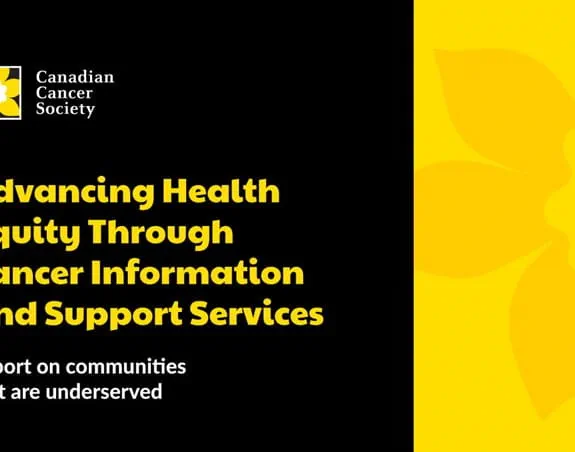
Our programs and services
Our cancer information, support and practical programs are for everyone in Canada, but here are ways that they support racialized communities in particular.
Cancer information
Community Services Locator
Cancer Information Helpline
Wheels of Hope
Accommodations
Online cancer support community
Personality
When Nadia was diagnosed with cancer, she decided to throw a scarf-making and hair-cutting party with her closest supporters. Twenty-four inches of dreadlocks fell to the floor as her husband, daughter and friends took turns cutting her hair piece by piece. Cancer took many things, but it could not take Nadia’s personality or smile.
Support to make healthy behaviour change
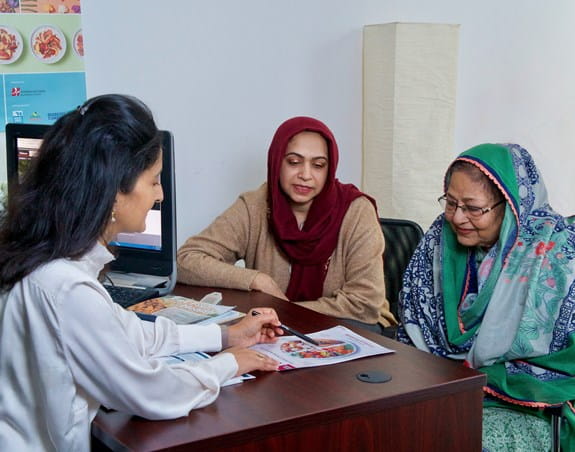
Memo-mamo campaign




